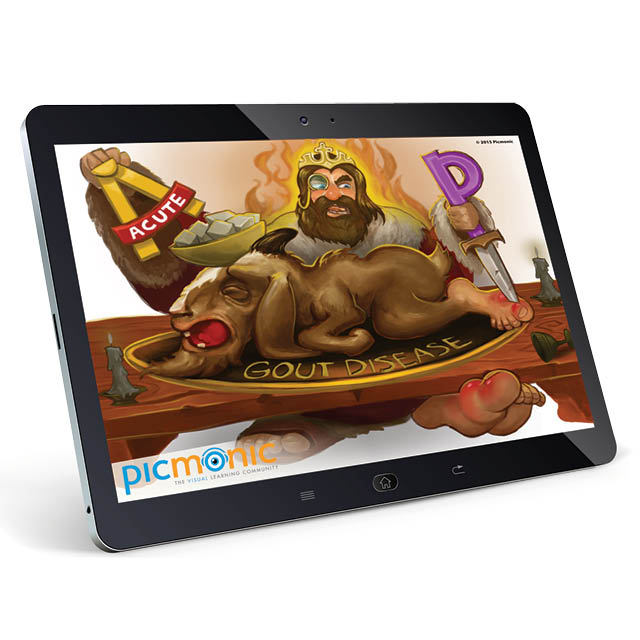The brainchild of two Johns Hopkins medical students, which started as a side project to help them study for an anatomy class, has grown into a company with more than 175,000 registered users and 425,000 YouTube subscribers.
When Shiv Gaglani and Ryan Haynes met in 2011, they found the cram-and-forget dynamic of education to be ineffective, so they decided to develop a digital learning tool to create crowd-sourced quizzes among their classmates.
“We were passing our tests, and retaining more,” says Gaglani. “Ryan and I devoted increasing amounts of time to the online platform as a result.”
After completing their preclinical curriculum in medical school, Gaglani and Haynes took a leave of absence to work on the innovation full time. They co-founded Osmosis, released a mobile app and quickly acquired 5,000 users. Since 2013, Osmosis has amassed 175,000 registered users.
Today, Osmosis produces video content that is available on YouTube and Wikipedia for free. Users must subscribe to Osmosis for access to digital study features such as a board exam study schedule, multiple choice questions and flashcards with spaced repetition, collaboration features for study groups, and a machine learning-enabled recommendation system that shows learners content relevant to what they’re learning in class, such as patient videos and practice questions.
Gaglani says one of the most valuable features for Osmosis subscribers is push notifications. When a user reads about or watches a video on a topic on the app or the website, Osmosis sends notifications with related questions and clinical cases to the user’s mobile device.
“It encourages them to study from anywhere at any time and reinforces the topic, hopefully making it stick,” says Gaglani. “Part of learning by Osmosis is that the system knows what you are looking up and watching, and sends you relevant content.”
The success of Osmosis landed Gaglani on the Forbes 30 Under 30 list of young visionaries in education in 2018. He says he looks forward to returning to Johns Hopkins Medicine in the future to complete his medical training.

